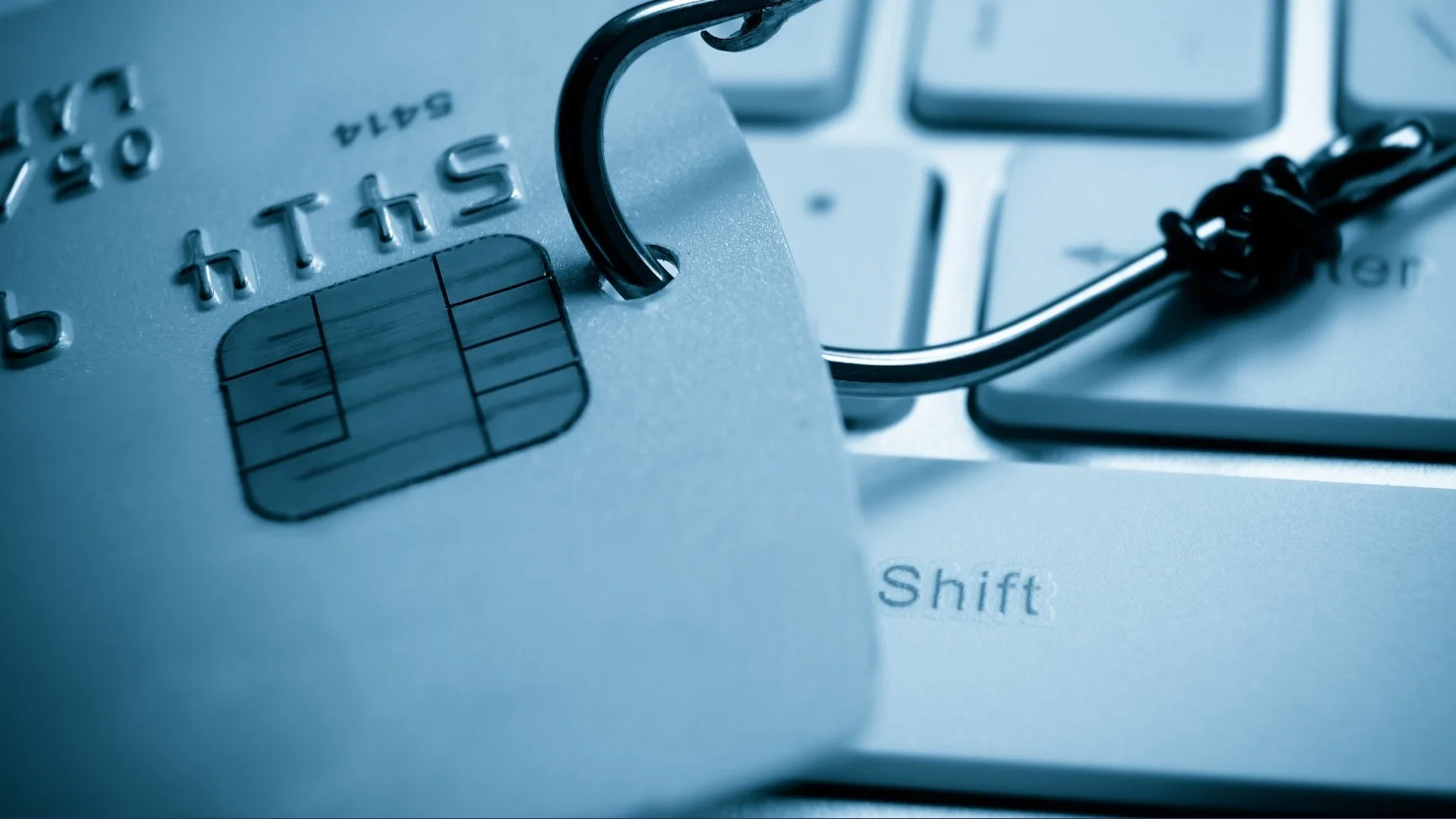Defending Against the Hook: Phishing Awareness Training for Tax Prep Teams
In the intricate world of tax preparation, where the stakes are high and sensitive financial information is the currency, phishing attacks have emerged as a pervasive and insidious threat. Cybercriminals often cast their nets wide, targeting unsuspecting employees with deceptive emails and messages. To fortify the defenses of tax preparation teams, it's crucial to raise awareness about the prevalence of phishing attacks and equip employees with the knowledge and skills to recognize and thwart these threats. This blog post delves into the world of phishing, emphasizing the importance of awareness training for tax prep teams.
Understanding the Landscape: The Rise of Phishing in Tax Preparation
Phishing attacks have become increasingly sophisticated, often exploiting the busy tax season to launch targeted campaigns. These attacks can take various forms, from emails impersonating clients or tax authorities to messages enticing employees to click on malicious links or download infected attachments. The consequences of falling victim to phishing can be severe, ranging from unauthorized access to sensitive client information to financial losses and reputational damage.
The Human Element: A Vulnerable Link in Cybersecurity
While technological solutions play a vital role in preventing phishing attacks, the human element remains a crucial factor. Employees, being the first line of defense, need to be equipped with the knowledge and skills to identify and report phishing attempts. Effective phishing awareness training empowers tax prep teams to recognize red flags, avoid falling for scams, and play an active role in maintaining the integrity of the organization's cybersecurity. Cybersecurity training is not only essential for compliance, it’s also essential to helping secure your client data.
Key Elements of Phishing Awareness Training for Tax Prep Teams
Recognizing Phishing Red Flags
Educate employees on common phishing tactics, such as email spoofing, deceptive URLs, and social engineering.
Emphasize the importance of scrutinizing sender email addresses, checking for spelling and grammar errors, and verifying the legitimacy of unexpected requests.
Simulated Phishing Exercises
Conduct simulated phishing exercises to provide hands-on experience in recognizing and responding to phishing attempts.
Use these exercises to assess the team's susceptibility to phishing and tailor training based on observed weaknesses.
Reporting Protocols
Establish clear and accessible channels for reporting suspected phishing attempts.
Encourage a culture of reporting without fear of reprisal, emphasizing that early detection can prevent potential security breaches. Reporting protocols should be included in your Incident Response Planning.
Continuous Education:
Phishing tactics evolve, so should awareness training. Provide regular updates and refresher courses to keep employees informed about emerging threats.
Share real-life examples of phishing attacks within the tax preparation industry to illustrate the relevance and potential impact.
Multi-Factor Authentication (MFA) Awareness:
Promote the use of Multi-Factor Authentication (MFA) as an additional layer of protection.
Educate employees on the importance of MFA in preventing unauthorized access, even if login credentials are compromised.
Conclusion
Phishing awareness training is not just a box to check; it's an ongoing commitment to fortify the human firewall against cyber threats. By arming tax preparation teams with the knowledge and skills to recognize and respond to phishing attacks, organizations can significantly reduce the risk of falling victim to these deceptive tactics. As we navigate the intricate landscape of tax season, let phishing awareness training be the beacon that guides tax prep teams through the digital sea, ensuring the safety and security of sensitive financial information.
Still struggling with cybersecurity and not sure where to start?
Check out Protect Your Business with Our Free Cybersecurity Checklist for Small Businesses or Free Cybersecurity Essentials eBook

